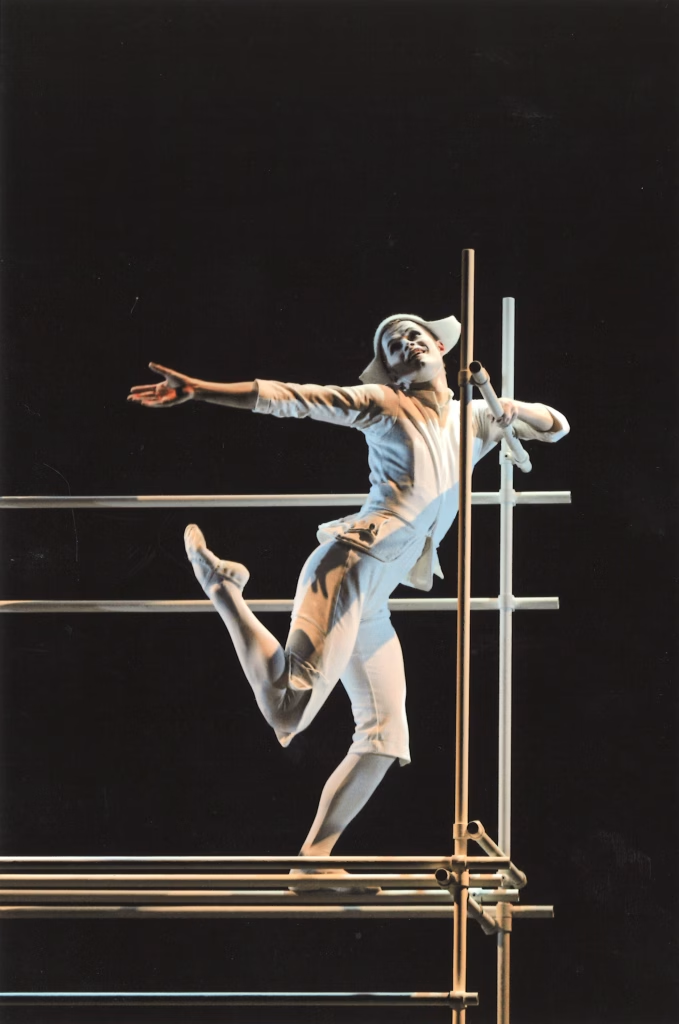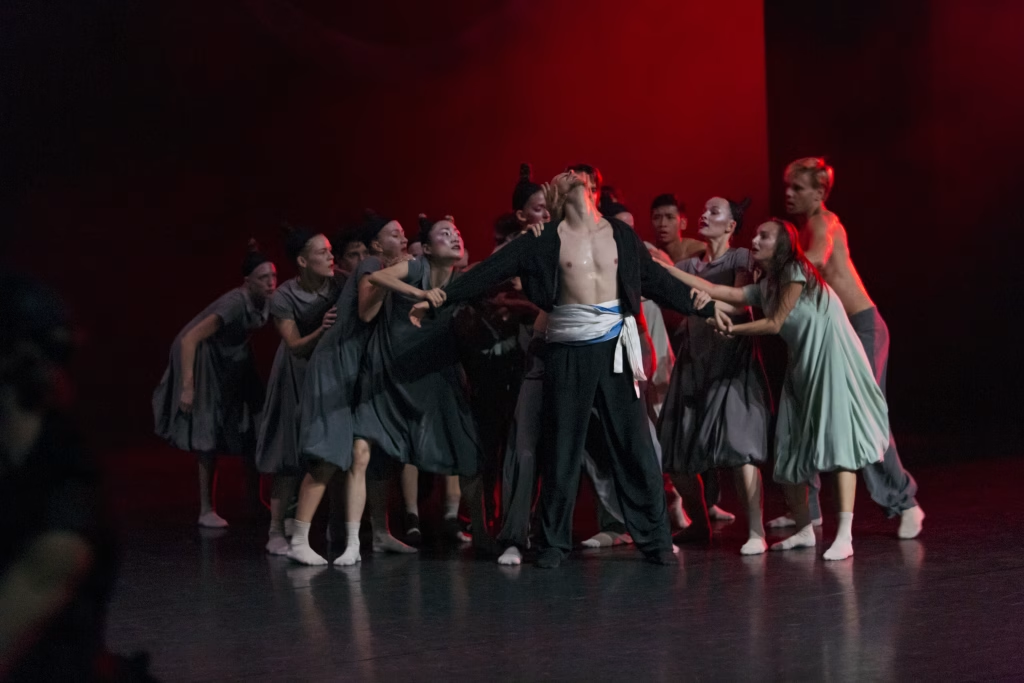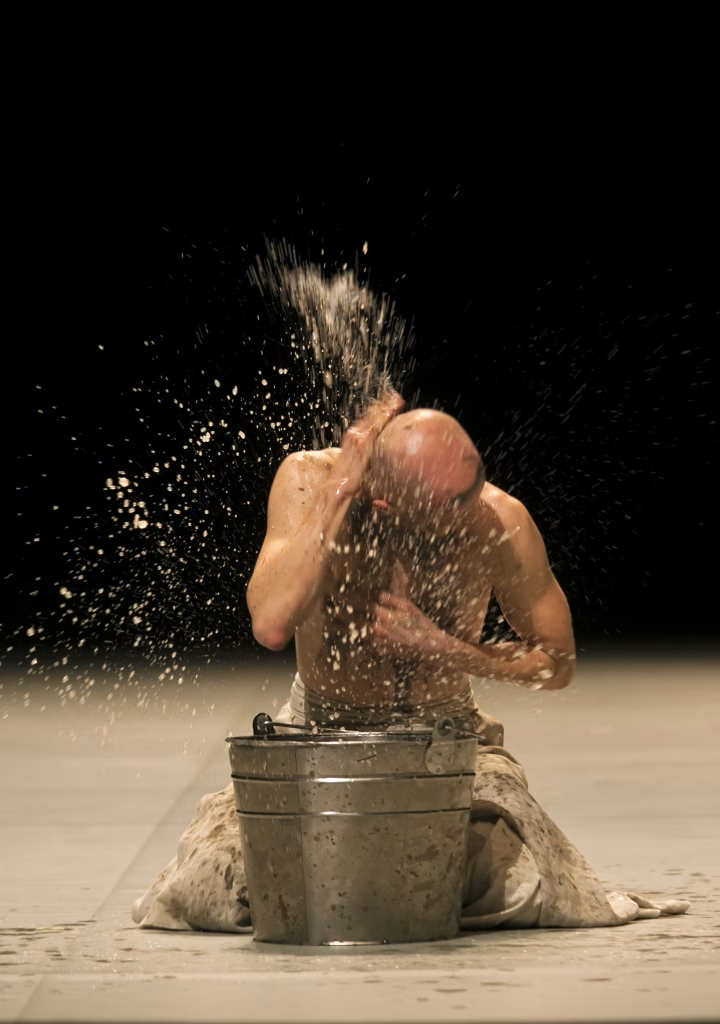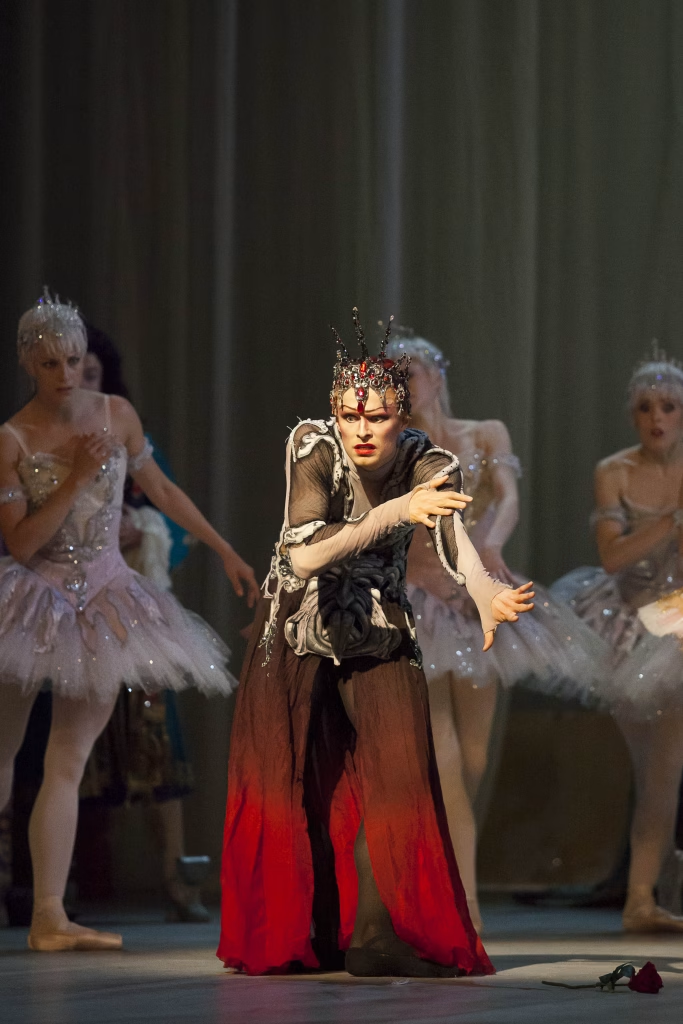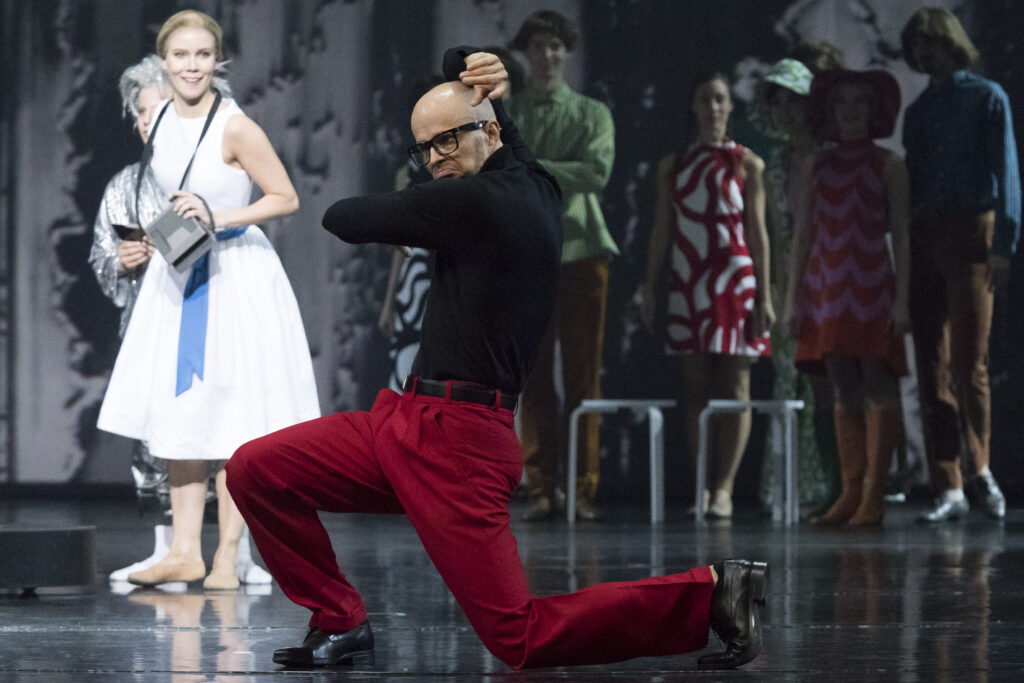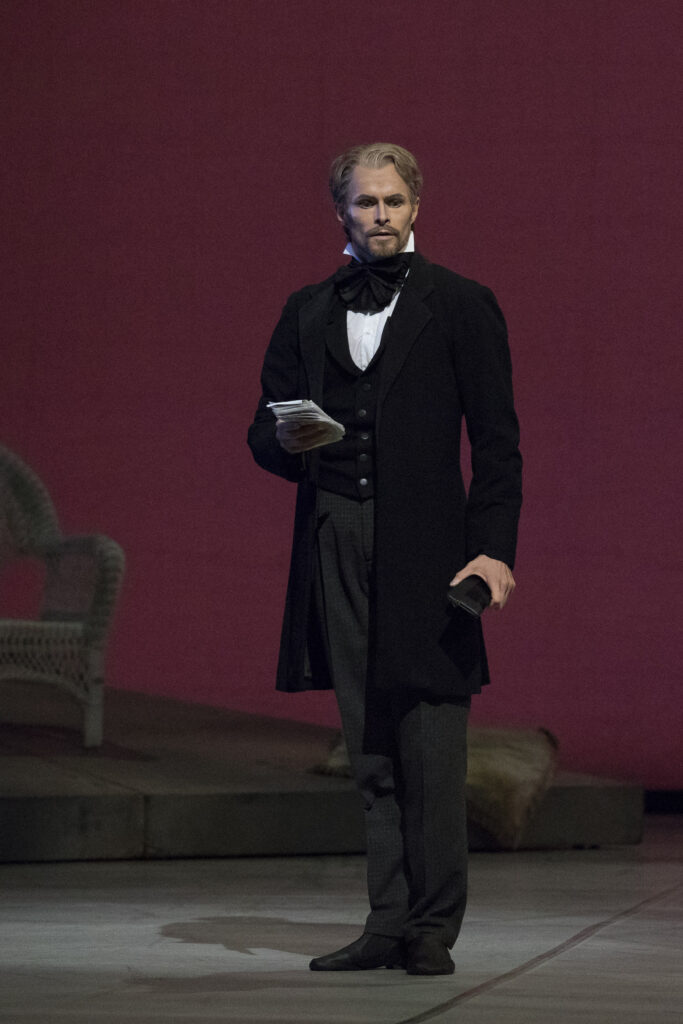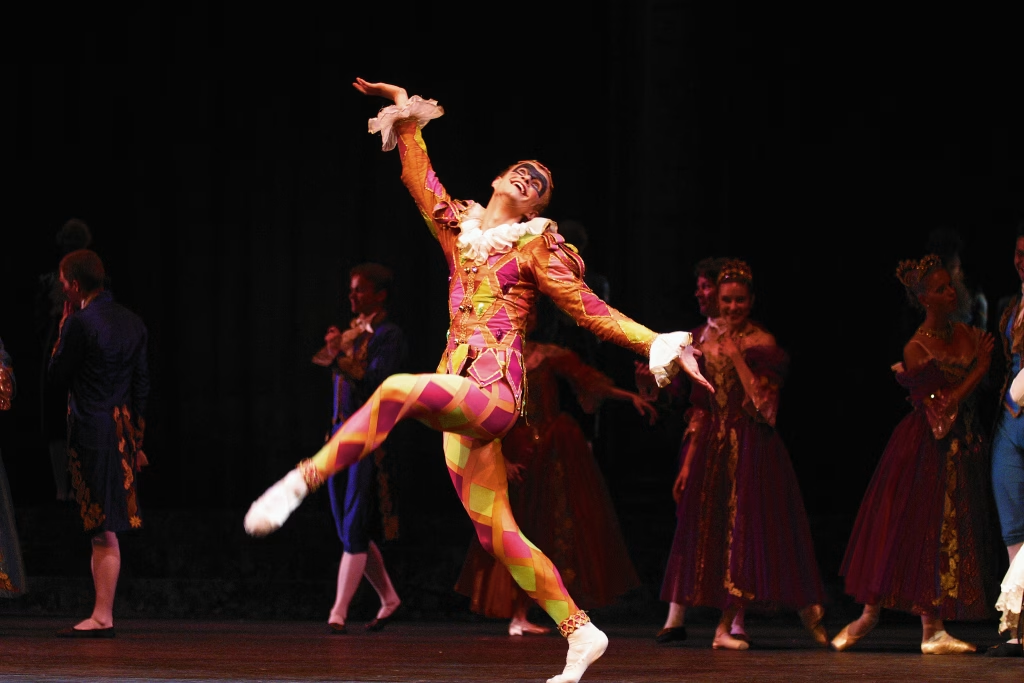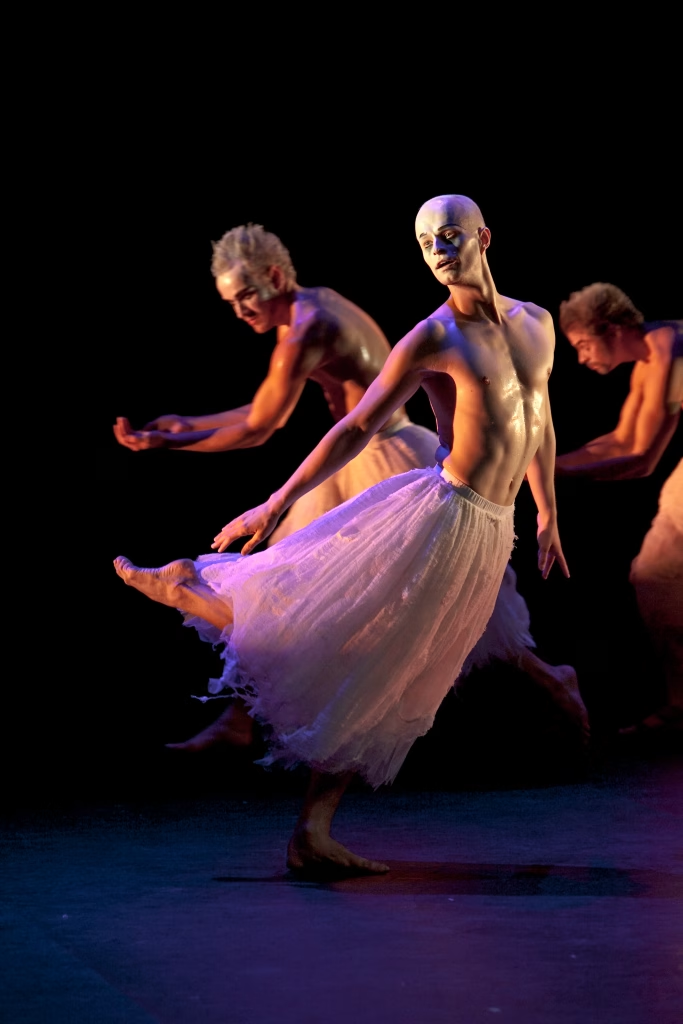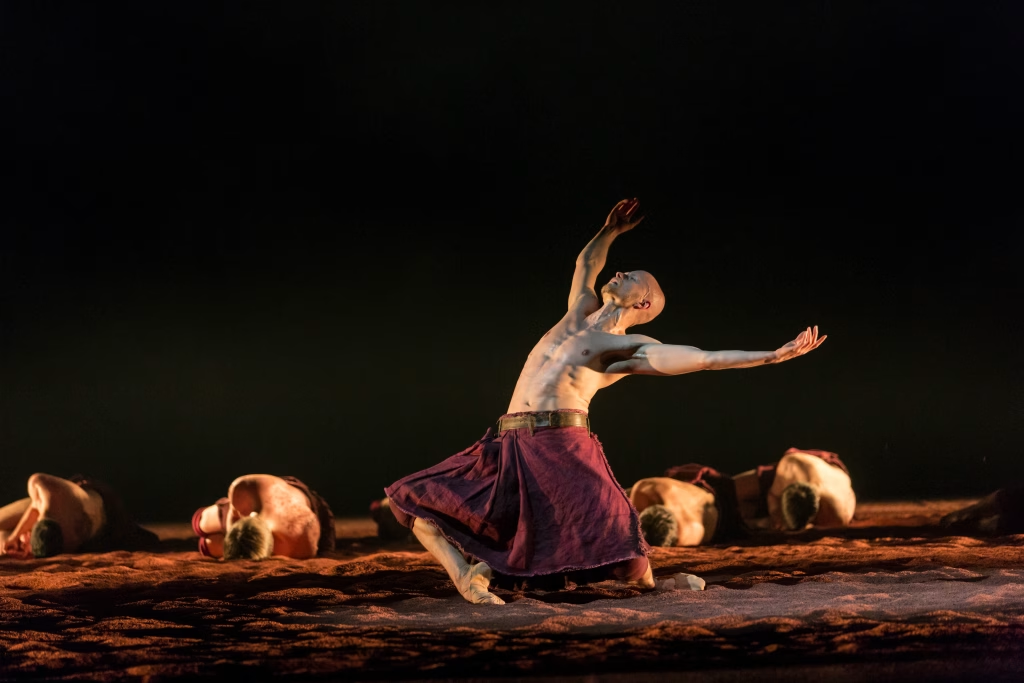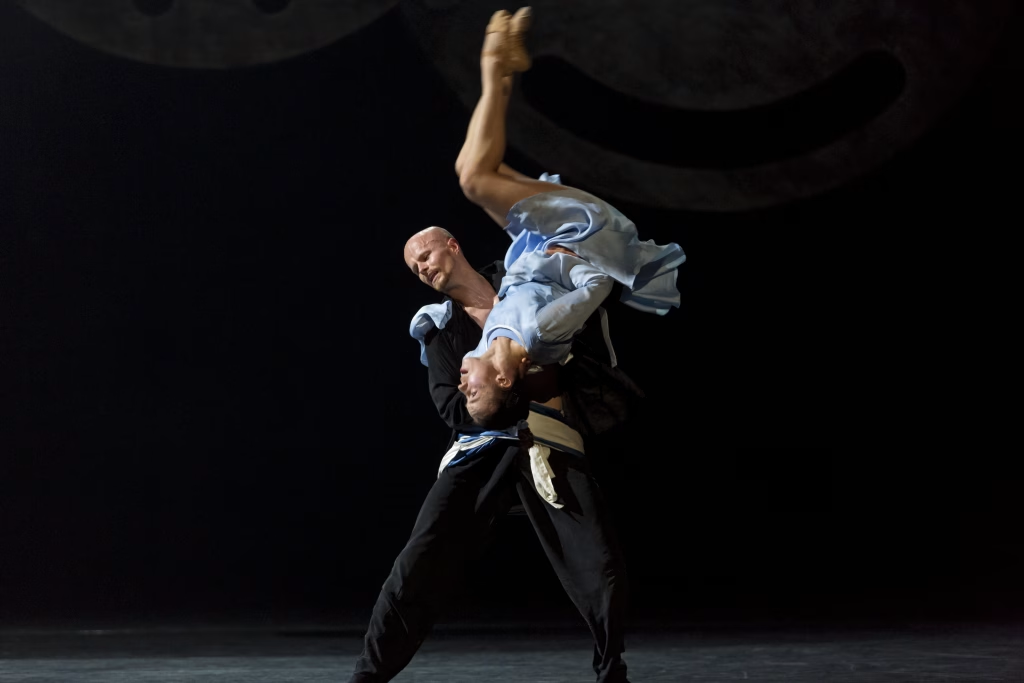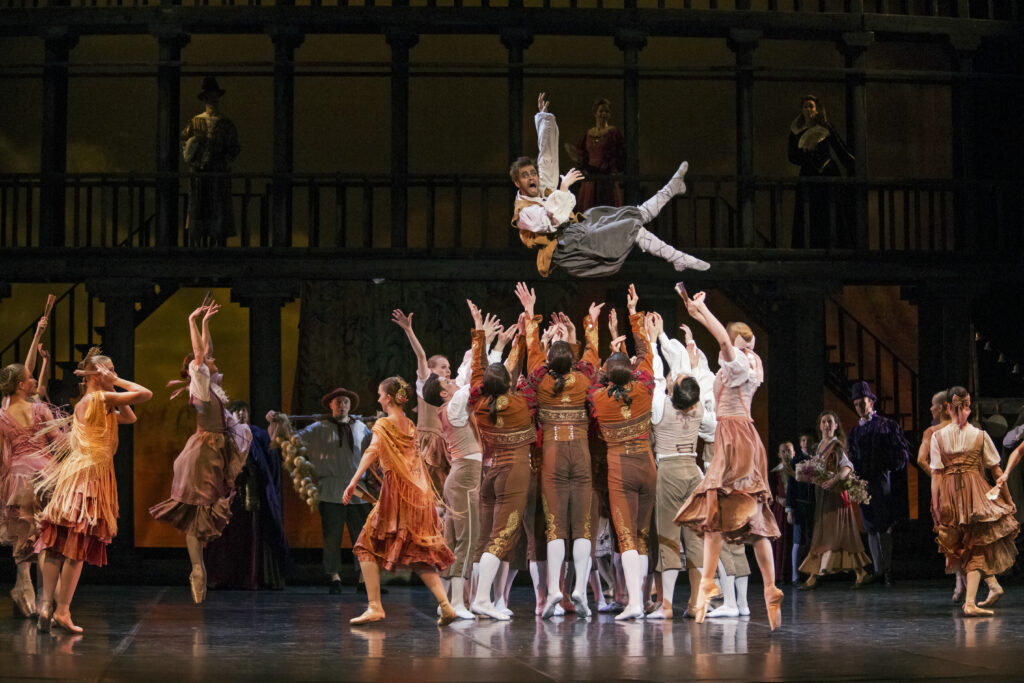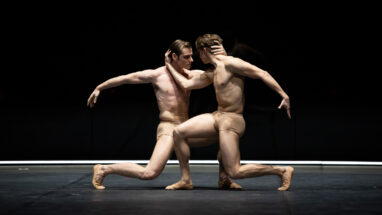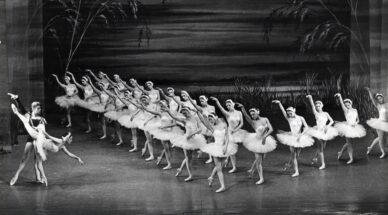How did you end up as a dancer at the Finnish National Ballet?
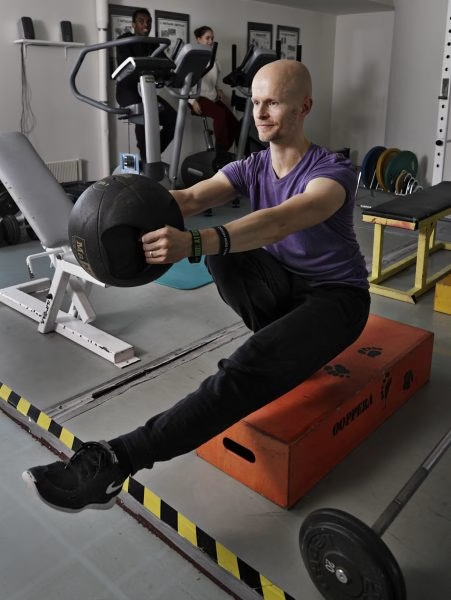
I never consciously decided to become a dancer. I started dance classes almost by chance at the age of 10. Inspired by the fashion show of the annual festival in the village where I grew up, Leppävirta, I and the girls from next door decided to stage our own show in our backyard. We took up jazz dance classes, because we wanted to learn better moves for our next fashion show.
After dancing for a year, I was hungry for more. Having found the nearest dance school in the telephone directory, in the town of Kuopio, I jumped on the bus. I headed to the reception of the dance school and asked which class I could join. The receptionist suggested ballet. I then enquired about what to wear and took the bus home to tell my parents I was going to take ballet classes. For the following year I went to three to four classes every week. The following summer, during a dance course at the Kuopio Dance Festival, the then headmaster of the Ballet School of the Finnish National Opera and Ballet took notice of me and invited me to Helsinki. I moved here a couple of years later, at 15, and began my studies. My reasoning was that I could always come home if I didn’t like it. 23 years later I’m still here.
What do you do on a daily basis?
I mostly prepare for upcoming performances. At the same time as we do the final fixes to the evening’s performance, we’re thinking ahead about productions in the next days and weeks. It’s perfectly normal to practice for two or three productions on the same day, with many more productions in the rehearsal schedule.
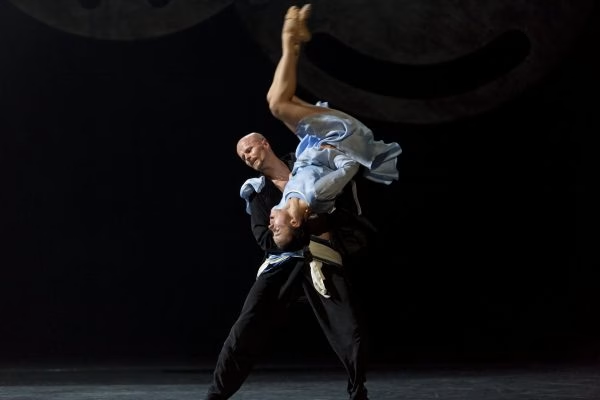
What characteristics do you need to be good dancer?
When you’re a professional dancer, dancing becomes an inseparable part of your identity. As your body is your most important tool, you must know its limits very well. While rehearsing, you must be able to estimate whether to push it a bit harder that day or take it easier and save energy for the next performances. Being a dancer also requires tenacity and perseverance, as you must hone your dancing technique from one day and decade to another.
As a performer, you must have courage. You need to respect the audience so much that you’re totally present in every single performance.
What do you like best about your job?
Slipping between different worlds and roles. In real life I am shyer and more observant than my performer self. On stage I have no limits. In principle, I’m willing to do whatever I’m told.
Another one of my favourite things is the magic of the stage, sharing those moments with the audience and the other performers. I can surpass myself, get over my fear, and enjoy a huge adrenalin rush. Even though I’ve been performing for years, my respect for the stage and the magic of the drama seem to be only getting stronger.
Even though I never really aspired to become a dancer, working on stage has always felt natural to me. I’ve been told I was a playful and carefree child. On a good day at work, I think I can still reach that state of mind.
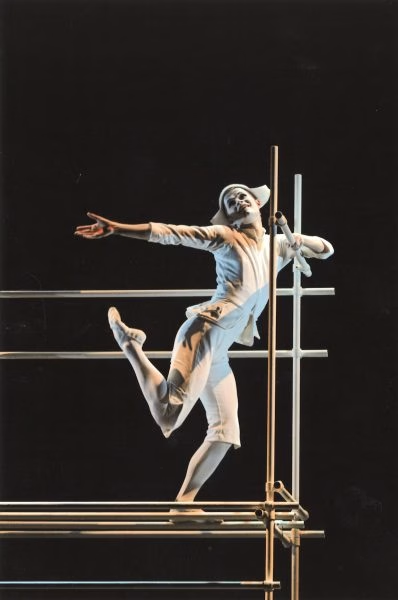
What is the most challenging part of your job?
As a dancer you always have a certain feeling of insufficiency. It’s something you have to learn to live with. The world of ballet is taxing and extremely disciplined. The technical side is bloody difficult, you must always aim for perfection. The details are fine-tuned endlessly, and the feedback is usually just a list of mistakes. No matter how much experience you have, nailing the technique doesn’t get any easier – quite the opposite. Thankfully, what you do learn is finding the balance between striving for perfection and not being good enough. In the end, when the curtains open, you accept yourself with the skills you currently have.
It’s also difficult to get your body to follow the rhythm of an art factory. You give your all on stage and the very next day you have scrape yourself off the floor and start over.
“Even though I never really aspired to become a dancer, working on stage has always felt natural to me.”
How does it feel when you make a mistake onstage?
Nobody wants to screw up onstage. Nobody. Still, you can make a bad jump, miscalculate, fall over or just forget whatever you’re meant to do next. At worst, all this and more happens at once. Screwing up is embarrassing, and of course even more so for me. After a performance gone wrong, I would like to slip out without anyone noticing me and go home, feeling quite sure that I will never do this job again.
The next day the awful feeling is usually gone. In the morning you think about new work and the next performances. When you focus on those, you forget about the night before and the mistakes.
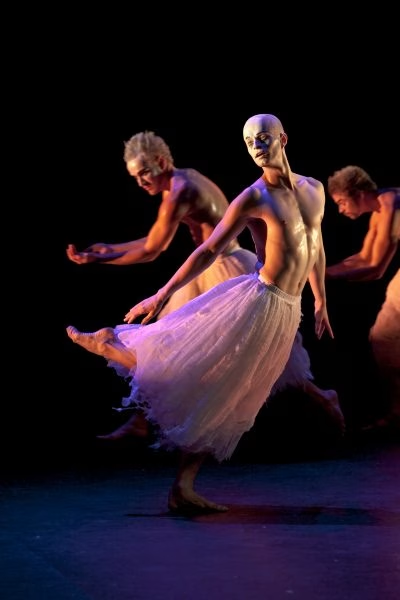
In what kind of productions do you prefer to dance?
Ones that allow me to stay onstage for a long time and immerse myself in the story, rather than having to return backstage every few minutes and drinking water as the real life Antti. I like productions that allow me to put heart and soul in a role and truly get into it. Glen Tetley’s Pierrot Lunaire at the start of my career and Jorma Uotinen’s Ballet Pathétique and Natália Horečná’s Utopia of Another Continent are good examples of this.
How do you get into a new character?
Of course I think of the new character throughout the rehearsal period, but the costume, make-up and hair are also very important. Often it’s not until the dress rehearsal, when I get to wear all the elements of my costume, that I finally know who my character is and how I can become that person.
I was already massively into costumes as a child. I would ask our school headmaster every autumn whether there’d be a May Day fancy dress party the following spring – I wanted to ensure I had enough time to prepare my costume. In this respect, playing different roles has always been my thing.
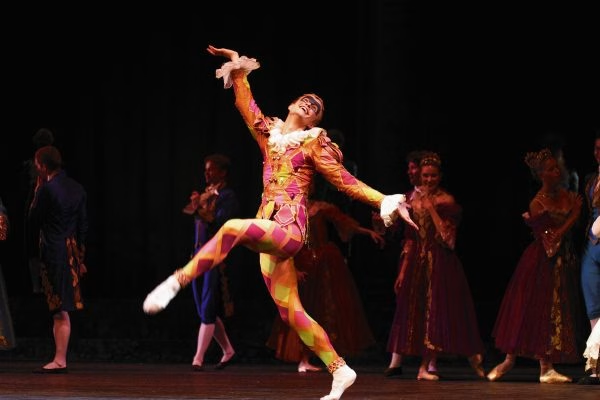
How do you take your mind off work in your free time?
Nowadays, at 38, I really like just hanging out at home. My work is so sociable that, as an introvert, I relish a bit of silence. That’s why enjoy staying home, doing a bit of cleaning or laundry in my own company. Sometimes I might watch a documentary or listen to Yle talk radio.
We also have a poodle, Nefi, who’s absolutely wonderful. Yesterday, for example, when I came home at night, I collapsed on the floor next to her with my shoes still on and started to scratch her. In Nefi’s company you’ll always end up a little happier than you were a moment before.
Text TUIKE LEHKO
Photos SAKARI VIIKA, HEIKKI TUULI


